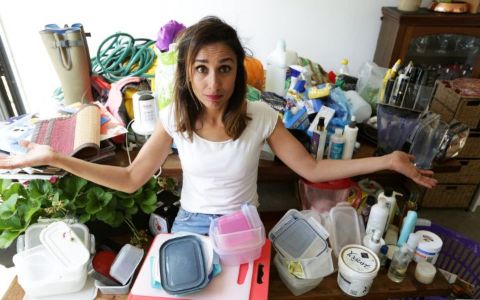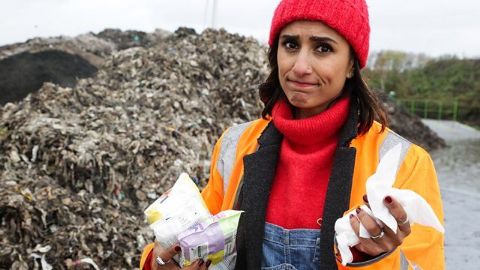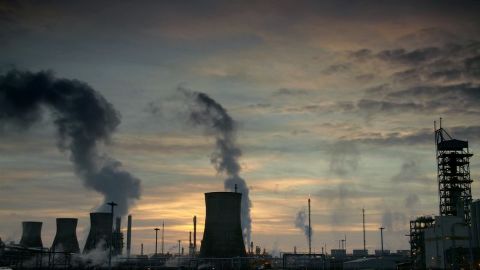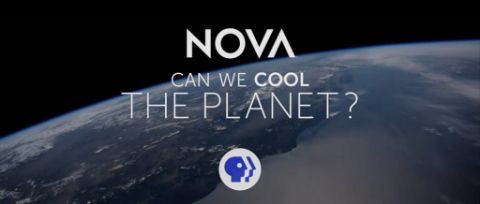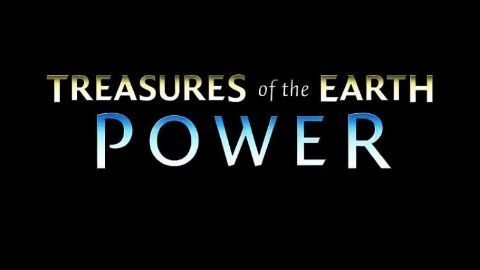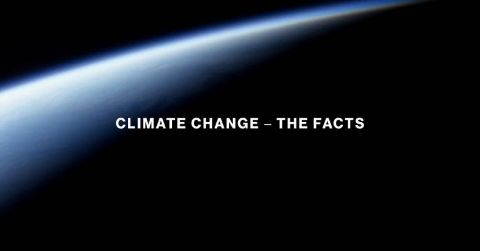Part 3 • 2019 • episode "S1E3" • War on Plastic with Hugh and Anita
In the final episode of the series, Anita Rani investigates the tsunami of single-use plastic that parents pick up in the form of give-away toys. It turns out that McDonald's are the largest toy distributor in the world, handing out over 1.4 billion plastic toys per year worldwide. They claim on their website that they are recyclable, but a visit to Simon Ellin, the CEO of the Recycling Association, makes it very clear that while that may be true in theory, in reality it’s not that simple. Meanwhile, Hugh is in Scotland. He’s learnt that at the same time as the public are trying to reduce the amount of plastics in their lives, the plastics industry has big plans to increase plastic production by 50% before 2040. To find out more, he visits the INEOS factory in Grangemouth, owned by the richest man in Britain, where they produce a staggering 60-70 billion tiny plastic pellets every day.
Make a donation
Buy a brother a hot coffee? Or a cold beer?
Hope you're finding these documentaries fascinating and eye-opening. It's just me, working hard behind the scenes to bring you this enriching content.
Running and maintaining a website like this takes time and resources. That's why I'm reaching out to you. If you appreciate what I do and would like to support my efforts, would you consider "buying me a coffee"?
Donation addresses
BTC: bc1q8ldskxh4x9qnddhcrgcun8rtvddeldm2a07r2v
ETH: 0x5CCAAA1afc5c5D814129d99277dDb5A979672116
With your donation through , you can show your appreciation and help me keep this project going. Every contribution, no matter how small, makes a significant impact. It goes directly towards covering server costs.
